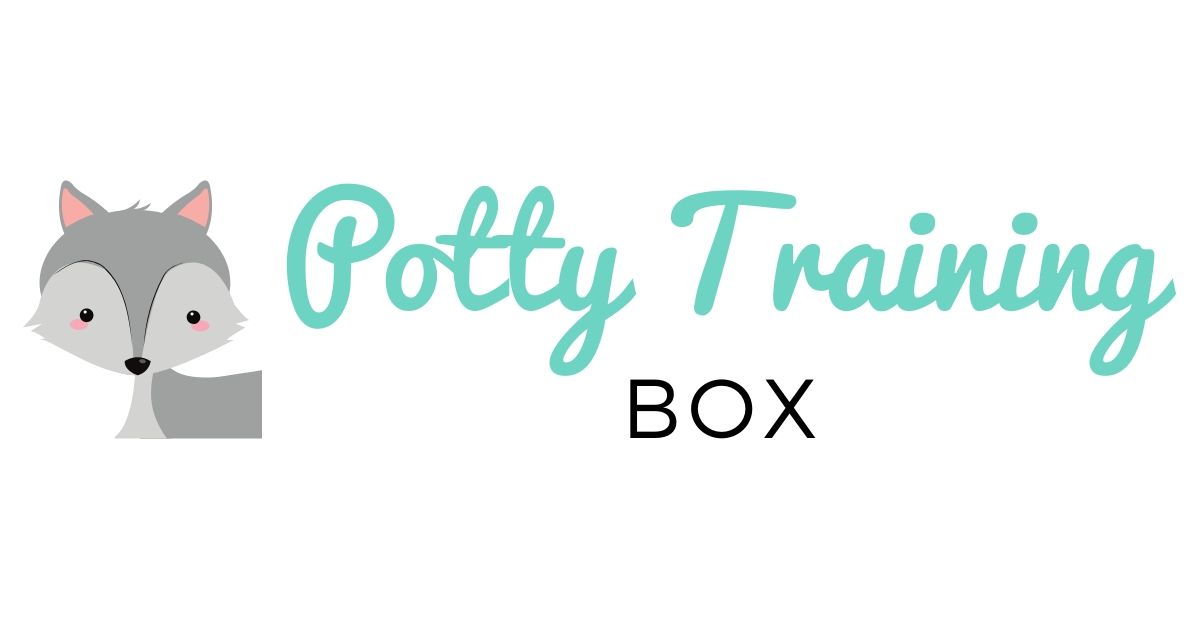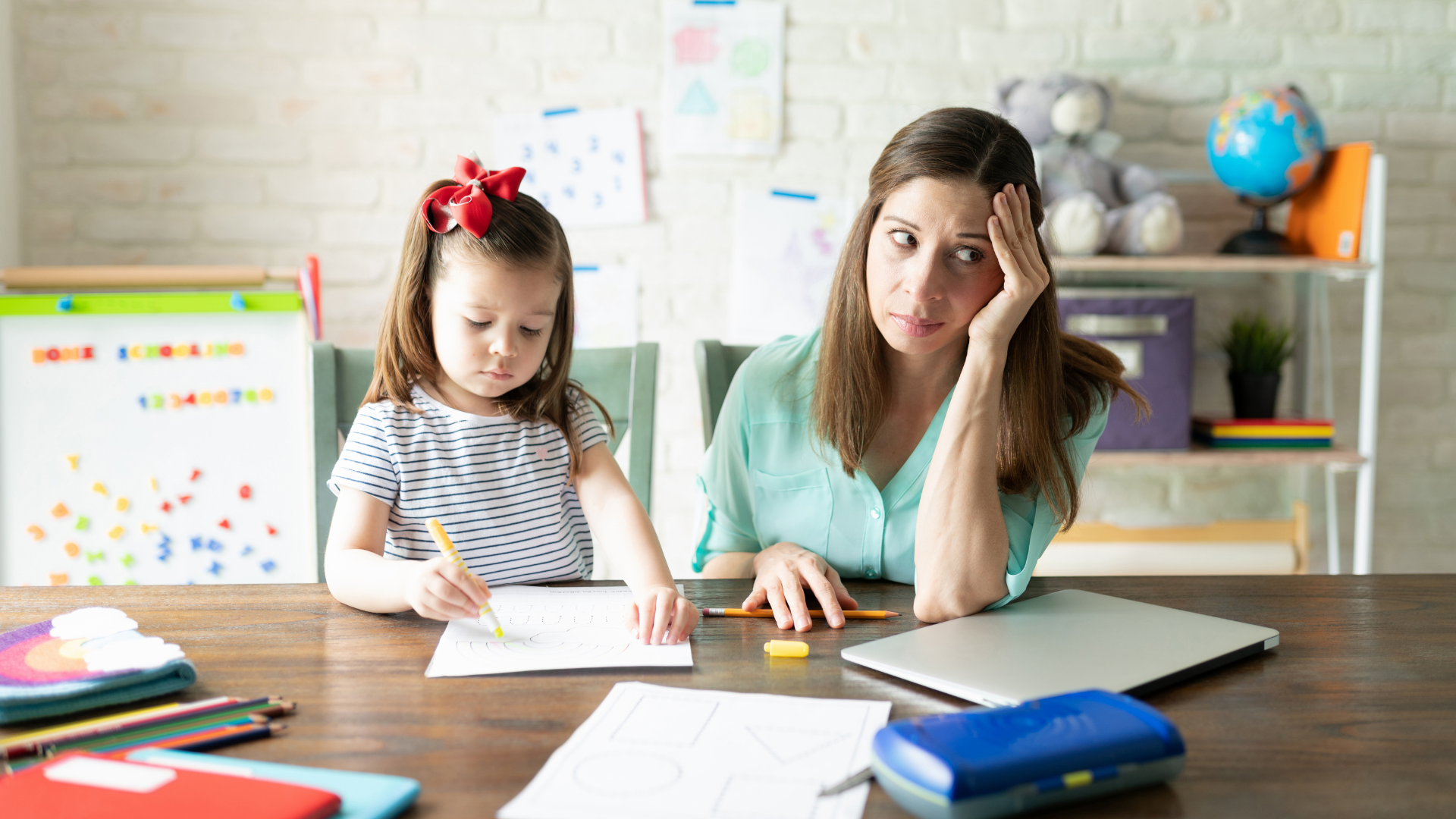Potty training stress – 5 top tips. Potty training is a significant milestone for children and parents alike. However, it can also bring along its fair share of stress and challenges. In this article, we explore why stress can negatively impact potty training and how parents can alleviate stress during this process.
Challenges bring stress
Potty training is a crucial developmental milestone for young children. It signifies increased independence and autonomy. However, it can be a challenging time for both children and parents. Parents may experience stress as potty training also means letting go a little. Moreover, potty training stress is one of the biggest challenges in potty training.
Stress can hinder potty training by demotivating children to learn and practice urinating and defecating in the potty. When children are stressed, they struggle to concentrate and are less motivated to learn. This applies not only to potty training but also to other skills. Stress can also lead to outbursts and tantrums, making potty training even more difficult.
How to reduce potty training stress?
So, how can parents reduce potty training stress? Here are a few tips:
Be patient: Potty training takes time, and it’s essential to realize that this process requires patience. Children develop at their own pace, and parents should be patient and supportive throughout this journey. Quick potty training in a few days (with a few exceptions) is not realistic. However, you can support them through our method to learn potty training faster but still, some children grasp it faster than others.
Make it a celebration: Potty training can be a tedious task that children may not look forward to. To make it more enjoyable, brainstorm fun and creative ways to motivate your child. For example, use stickers or rewards to encourage children and celebrate their achievements.
Don’t forget about the anticipation: buy fun underwear together, a cute potty, and a cool drinking cup!
Provide positive feedback during potty training: When children make progress, it’s essential to give them positive feedback. By acknowledging their efforts and praising their accomplishments, children gain more confidence and feel better about themselves. Therefore, a reward system with stickers and small gifts (which can also consist of playing a game together or a small gift) works very well for potty training.
Set a good example: Children learn by observing and imitating. This works well, especially with very young children, as they are very curious and eager to learn. If parents have a positive attitude towards potty training and maintain good hygiene habits, children will also adopt these habits. So, be sure to demonstrate to your child how to use the potty, how much paper to use, and leave the potty clean. And don’t forget to wash your hands. Read more tips on potty training and hygiene in this blog.
Reduce stress: If things get overwhelming, try to make clear arrangements with your partner or other family/friends, and let them take over for a while. This way, you can relax and do something for yourself. Often, this can make a big difference, even if it’s just for an hour. And it reduces a lot of potty training stress.
With these tips, everything should be fine, good luck! If you still need more tips on potty training, check out our Instagram and Facebook channels.


